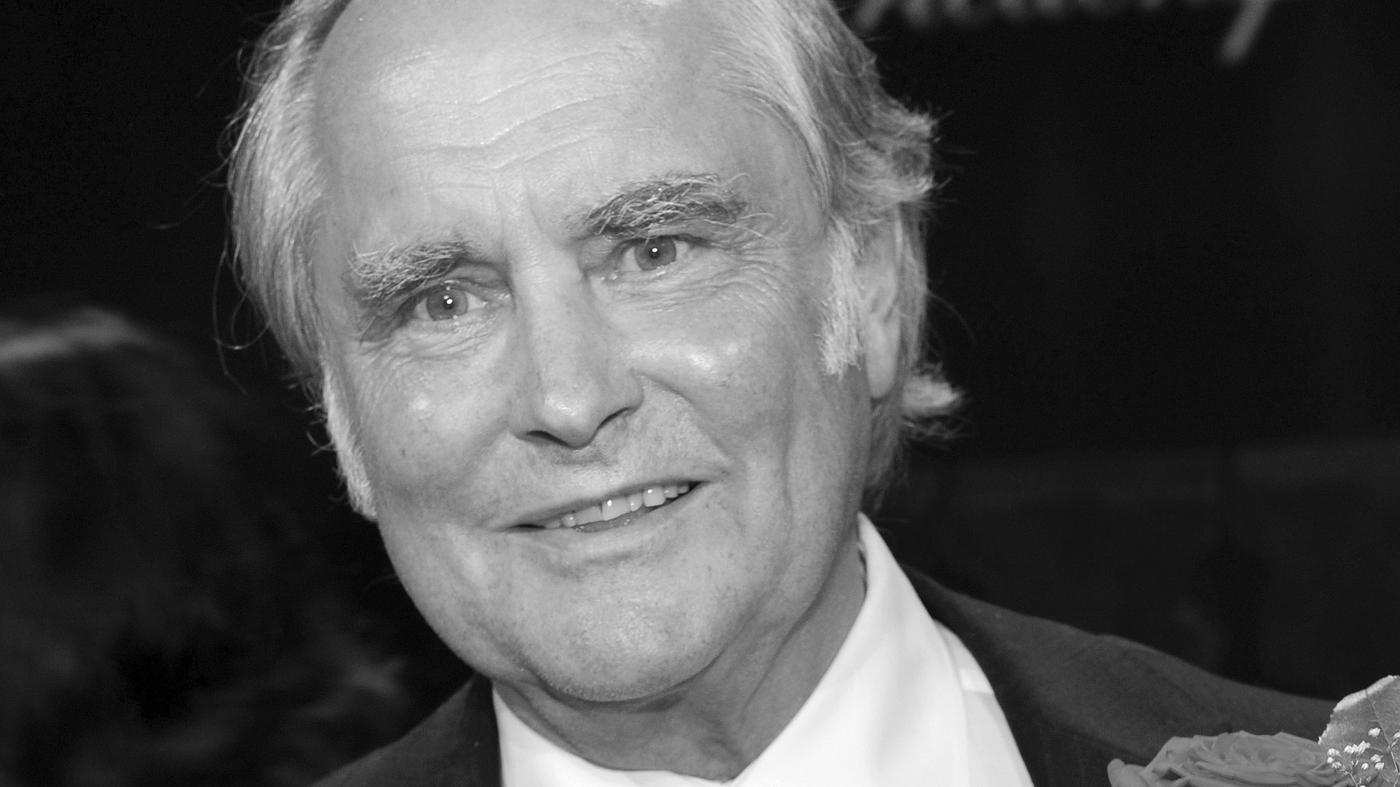Basically, Michael Verhoeven was born with his profession. As the son of the director, actor and author Paul Verhoeven and the actress Doris Kiesow, he was on stage and in front of the camera from a young age.
At the age of eleven he played Anton in the theater adaptation of Erich Kästner’s “Pünktchen und Anton” in Munich. His first film role was in “The Flying Classroom” in 1954, and he then directed for the first time in 1962 at the Tübingen Zimmertheater.
Verhoeven’s anti-war film “OK”
Nevertheless, he was also tempted to break out of the established family patterns, and there was certainly a bit of rebellion involved: Verhoeven studied medicine, worked as a doctor at Munich university hospitals, and during this time he made a film that will perhaps remain even more associated with him, especially in film history, as his later successes such as the sibling Scholl biopic “The White Rose”, “Unveiling a Marriage” or the refugee comedy “Welcome to the Hartmanns”: the Vietnam anti-war film “OK”.
© IMAGO/Eventpress/Eventpress via www.imago-images.de
This film caused a scandal at the Berlinale in 1970 because the then jury president, George Stevens, felt offended. Stevens threatened to remove the experimental film, staged as an epic theater in the Bavarian Forest, from the program because of its supposed anti-American invective.
© dpa/Ursula Düren
After the German jury member Manfred Durniok left the jury for the same reason and there were tumults and demonstrations of solidarity, the jury broke up and the Berlinale took place in 1970 without an awards ceremony.
Verhoeven: That’s Senta Berger’s husband!
Three years later, Verhoeven finally gave up his medical profession and, after the television film “An Uncannily Strong Departure,” concentrated on his work as a director. At this point he had been married to Senta Berger for a long time, a marriage that never broke up and, similar to the film “OK”, is always associated with Verhoeven because of his wife’s fame and glamor: That’s Senta Berger’s husband!
Verhoeven didn’t have a big problem with it, but he admitted in a conversation that “Spiegel” had with him and Berger in 2007 that at least they would no longer ride the train together, he only did it alone: ”As soon as I sit down, I already have it my laptop. No one bothers me. But when I travel with Senta, we are constantly being watched. I can’t stand this. Then I think, what have I got? Stains on the shirt? That’s why we don’t do train journeys together anymore.”
When I travel with Senta, we are constantly being watched. I can’t stand this. Then I think, what have I got? Stains on the shirt? That’s why we no longer travel by train together.
Michael Verhoeven in an interview with “Spiegel” in 2007
It was easy to live with, filming anyway. He and Berger also worked together after founding their joint production company Sentana: “Welcome to the Hartmanns”, which was directed by their son Simon Verhoeven, is a Sentana production.
Verhoeven was always a political and uncomfortable director. He dealt just as intensively with National Socialism (for example “Mother Courage”, based on a Tabori story) as with German-German history and the transition, including the film “Land of Cockaigne.”
For “Mother Courage” he received the International Film Prize in Jerusalem, and in addition to other awards at the Berlinale, the Golden Camera and the Bavarian Film Prize, he was also awarded the Federal Cross of Merit. Now Michael Verhoeven has died after a short, serious illness. He was 85 years old.

[…] “On the Death of Filmmaker Michael Verhoeven,” Observational, April 27, 2024 […]